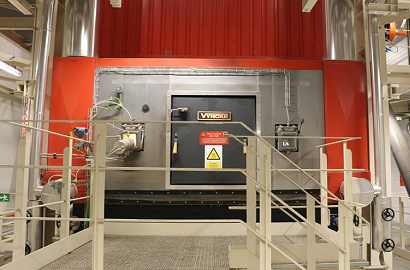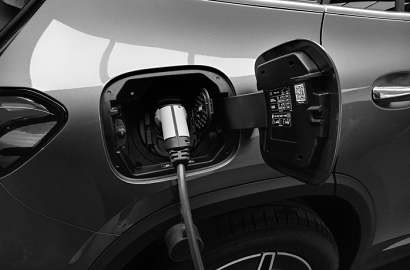Nestlé Boosts Environmental Sustainability in Spanish Factories

It has invested more than 56 million euros in more than seventy projects over the last five years
Nestlé Spain has invested more than 56 million euros in its Spanish factories over the last five years to improve their environmental sustainability. In total, it has carried out more than seventy projects, including the installation of state-of-the-art equipment and technology, with the aim of reducing the impact of its activities, reducing emissions and promoting the circular economy.
The company stresses that its investment efforts and its commitment to achieving net zero emissions by 2050 have not been affected by an "unprecedented" environment, with explicit reference to the pandemic, inflation and the energy and supply crisis. 23% of investment in its factories was in particular dedicated to reducing its environmental impact.
Biomass boiler
One of the most significant projects, described by Nestlé Spain as groundbreaking, is the biomass boiler illustrated in this news item and which has been installed at the Gerona production centre. This plant, which produces Nescafé instant coffee and Nescafé Dolce Gusto single-dose capsules, is where the new boiler converts coffee grounds into energy. This innovation has reduced the plant's natural gas consumption by 25% per year.
Another energy efficiency project is the cooling system at the Viladrau bottling plant (Gerona). The low temperatures and humidity of the site are used as a natural refrigerant in the new cooling circuit, which has reduced the plant's energy consumption by 15%.
A third example is the heat pump installed at the Cantabria plant, which reuses the waste energy from the refrigeration plant to heat water used in both the production processes and the factory's air conditioning system.
Agreements with suppliers
In addition to direct investment, Nestlé has undertaken other initiatives through partnerships with its supplier network. Among these, the company highlights the self-consumption solar PV parks at its centres in Reus (Tarragona) and Miajadas (Cáceres), and the biomass boiler at La Penilla de Cayón (Cantabria), which uses the cocoa shells from the roasting process as biofuel, which is in turn used to roast cocoa.
These agreements also include its logistics suppliers, with a project for renewable fuels from used vegetable oils and another for a 100% electric trailer.
Jordi Aycart, Nestlé Spain's Sustainability Manager, explained, “We are committed to the circular economy in the broadest sense. We are aware that it is not enough to reduce the impact of our activities. We need to make a positive contribution to a new way of eating that is healthy for people and the planet. The aim is for our factories to contribute to a virtuous circle in which the materials, by-products or excess energy generated can be reused in other processes. We want to be part of the solution.”
Photo: Nestlé




